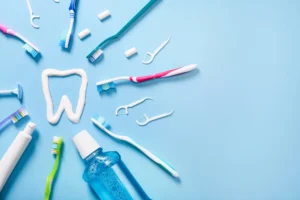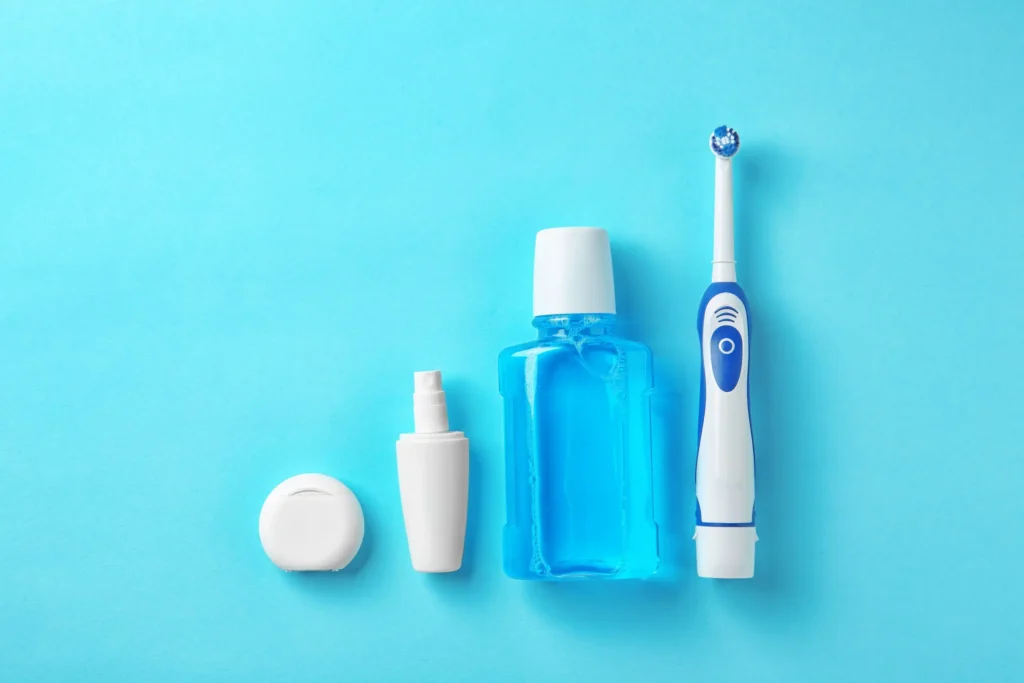In a renewed call for better oral health practices, dental therapist Maria Onu has emphasized the importance of maintaining proper hygiene as a key preventive measure against oral cancer and other dental-related ailments.
Speaking in Abuja during an interview on Thursday, Onu shared insights into the critical link between oral hygiene and general health, noting that basic hygiene routines such as brushing, flossing, and regular dental check-ups play a vital role in keeping both teeth and gums in good condition.
Preventive Care Is Key to Fighting Oral Cancer
According to Onu, embracing a consistent oral care routine is essential not just for maintaining a beautiful smile but also for preventing serious conditions like oral cancer. She highlighted that early detection and treatment of dental issues can significantly reduce the risk of more complex health problems.
“Regular dental visits allow your dentist to identify and treat problems before they worsen,” she explained. “Though dentists can repair damage caused by tooth decay or gum disease, preventing such issues through good hygiene is always the best approach.”
Benefits Go Beyond the Mouth
Onu pointed out that the benefits of proper oral hygiene extend beyond dental health. In addition to achieving healthier teeth and gums, fresher breath, and a more attractive smile, she noted that effective oral care also reduces the need for costly dental procedures such as crowns, implants, bridges, and dentures.
More importantly, she emphasized that poor oral health has been linked to broader systemic conditions, including heart disease, stroke, and diabetes. “Preventive dental care is not only more effective but also more affordable than emergency or restorative treatments,” she added.

Warning Signs of Oral Health Issues
Onu outlined several warning signs that could indicate underlying oral health problems. Some of the most common symptoms include:
-
Bleeding gums
-
Tooth decay
-
Persistent bad breath
-
Loose or shifting teeth
-
Gum recession
She also identified more severe indicators such as:
-
Mouth sores that do not heal
-
Toothaches
-
Jaw swelling
-
Gingivostomatitis – an oral infection triggered by specific bacteria or viruses
According to Onu, anyone experiencing these symptoms should consult a dental professional promptly to prevent complications or permanent damage.
Practical Tips for Maintaining Good Oral Hygiene
To help Nigerians improve their oral health, Onu advised individuals to brush their teeth at least twice daily—preferably in the morning and before bedtime. She also recommended:
-
Using fluoride toothpaste
-
Flossing daily to remove plaque between teeth
-
Reducing intake of sugary snacks and drinks
-
Drinking plenty of water
-
Scheduling dental checkups at least twice a year
She stressed that oral hygiene habits formed early in life could lead to a lifetime of better health and reduced medical costs. “The small steps people take each day to care for their mouth can make a huge difference in preventing disease,” she said.
A Call for Greater Awareness
In her final remarks, Onu called for increased awareness and public education on oral health, particularly in communities where dental care is often overlooked or inaccessible. She urged parents, schools, and healthcare providers to work together in promoting basic hygiene practices.
“Educating the public about the dangers of neglecting oral hygiene—and its connection to life-threatening conditions like cancer—must become a priority,” she concluded.
As oral diseases remain among the most widespread health challenges globally, health professionals like Maria Onu continue to stress that prevention begins with proper hygiene. Through daily care, early detection, and public awareness, the risk of oral cancer and other serious conditions can be greatly reduced.






